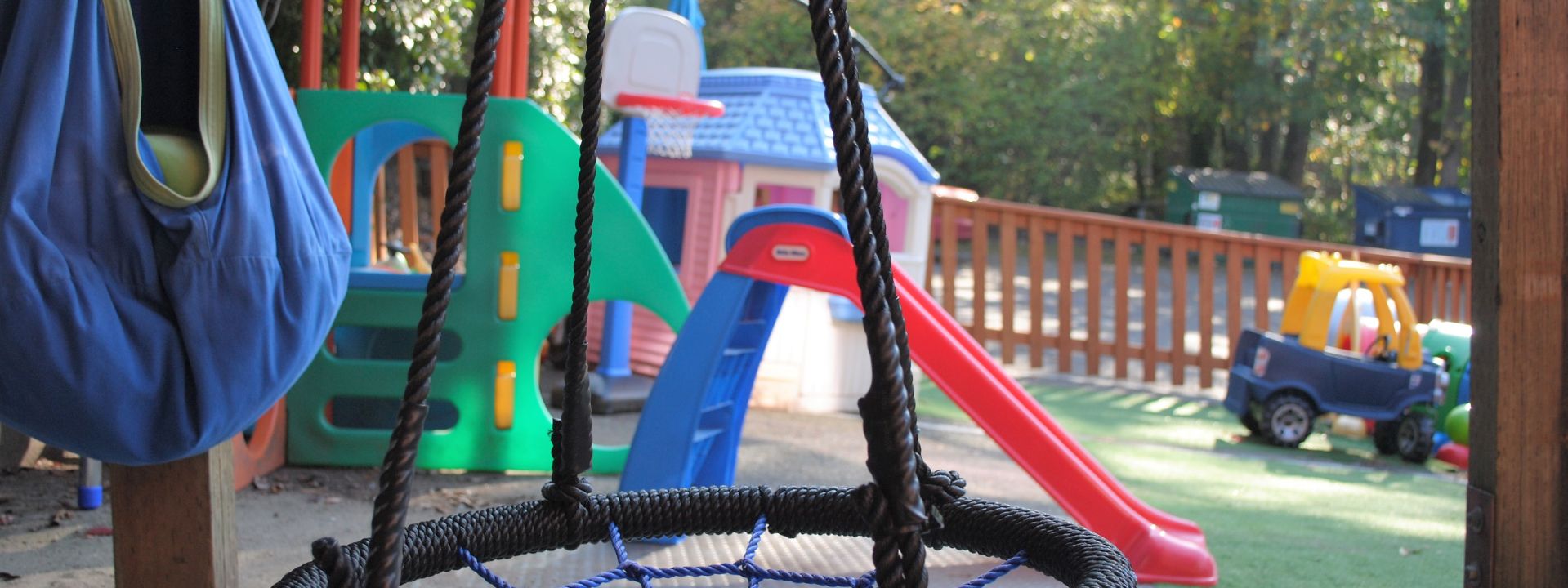Connections Behavior Planning and Intervention welcomes Dr. Jordan Belisle, BCBA-D, for an introduction to Relational Frame Theory and why it is important to interventions for children on the autism spectrum.
Abstract:
Applications of Relational Frame Theory are taking over ABA treatments for children with autism and related disabilities. We are only just beginning to understand how children learn to speak with meaning and listen with understanding. This webinar will discuss similarities and differences between Verbal Behavior and Relational Framing models of language learning. Both approaches are needed for a truly comprehensive approach to language and cognitive training. We will also review how language – meaningful language – may begin to self-organize once developed, resulting in changes in broader language learning repertoires. We will focus on taking ABA into the future, reviewing practical examples of how relational operants are assessed and taught, and pausing for interaction with live attendees throughout. Welcome to this scientific and practical revolution in our field.
Part 2 on this topic is available here, or bundle both of these with a discount here.
About the Presenter
Dr. Jordan Belisle is a Board Certified Behavior Analyst and Assistant Professor at Missouri State University. As a second year professor, Belisle has published over 45 peer-reviewed papers and book chapters, applying advances in our understanding of human language and cognition to improve the lives of people. This work has included research on neurological disabilities such as autism as well as behavioral addictions and applications of behavior science to solve climate change. Since joining the faculty at Missouri State University, Belisle’s work has focused on developing new models of human language learning, including Relational Density Theory, that describes the apparent self-organization of relational verbal behavior. His research lab seeks to provide research opportunities for students and to collaborate at an international scale with practitioners looking to infuse science within practice. Behavior Analysis tomorrow cannot be the same as yesterday.
Learning Objectives
- Participants will describe similarities and differences between Verbal Behavior and Relational Frame Theory models of human language learning.
- Participants will discuss non-arbitrary relational responding as a building block to symbolic referential language.
- Participants will develop procedures for assessing and targeting mutual entailment and combinatorial entailment as generalized relational operants.
- Participants will discuss the potential self-organization of human language learning.
Number of CEU’s available: 2.0 BACB CEU’s
Cost to Attend: $39.99 (includes registration and CEU’s)
For questions, challenges with registration, or any other needed information, please contact Dusty, Director of Continuing Education and ACE Coordinator for CBPI, LLC, at continuingeducation@connections-behavior.com.
Connections Behavior Planning & Intervention, LLC, is a BACB-Approved ACE Provider (Provider # OP-17-2781). The BACB does not directly sponsor or endorse this event, its speakers, or its content.
JANUARYSALE
Login to Register
Please log in or register before registering for On-Demand items.

